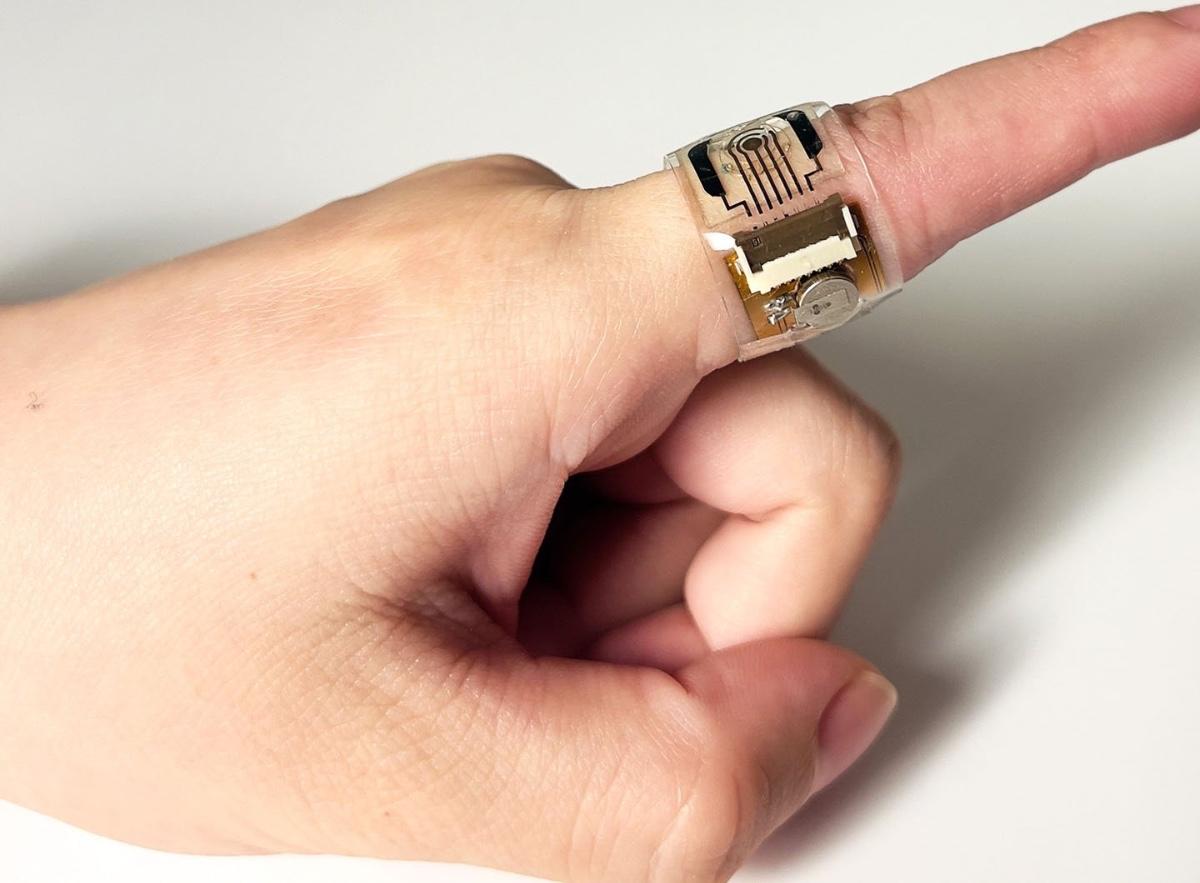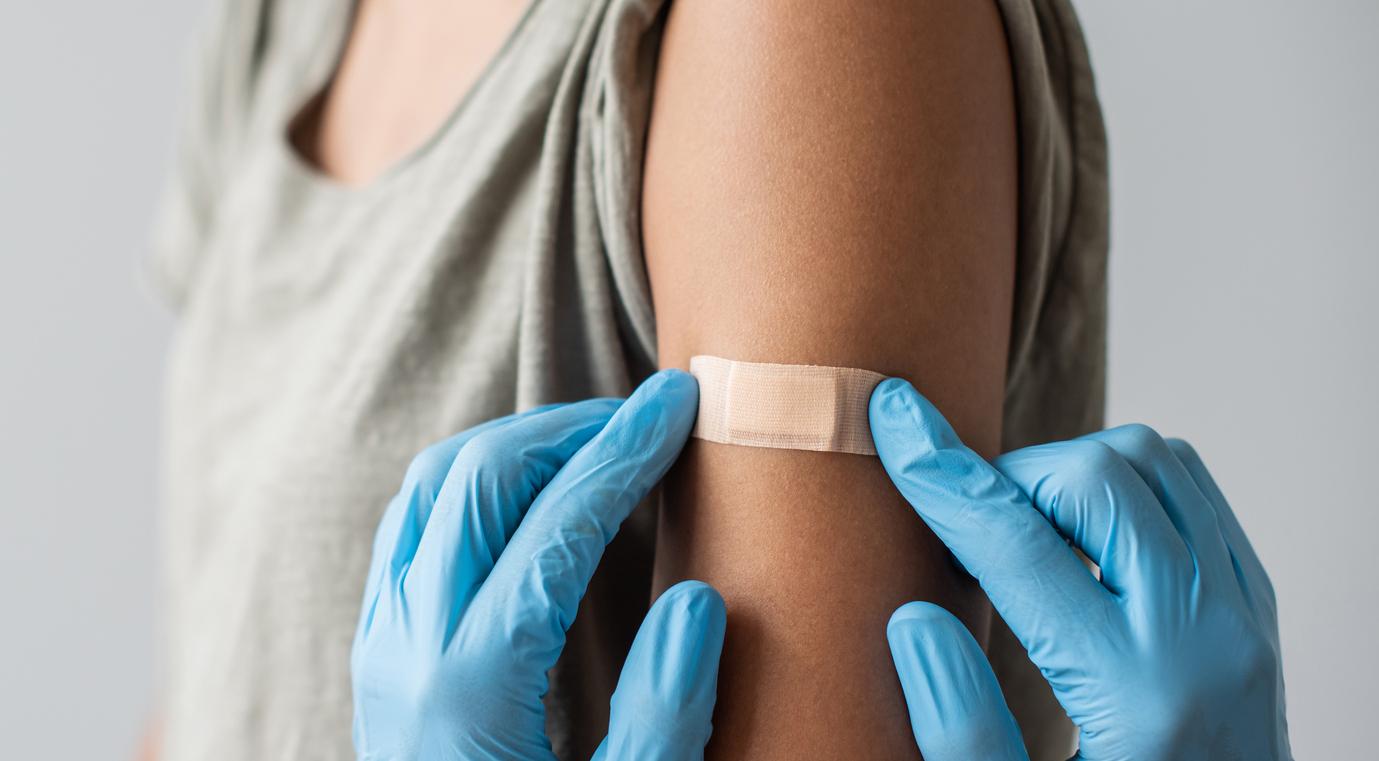
In France, epilepsy is the most disabling neurological disease after Alzheimer’s disease. While it is impossible today to prevent the onset of epilepsy, French doctors, assisted by researchers in artificial intelligence, have been testing a connected patch for several months in order to prevent these dangerous seizures.
It affects 600,000 French people and more than 50 million around the world. This neurological disease usually results in abnormal electrical activity in the brain. It particularly affects children and adolescents but also the elderly to varying degrees. Epilepsy causes a temporary disruption of communication between neurons. Usually they are short lived and the patients live in daily anxiety. Their seizures can be triggered in their daily life when they are behind the wheel of their vehicle, in the street, in their workplace and they are unfortunately difficult to predict. A team of neurologists from the Teppe medical center in Tain-l’Hermitage in Drôme, are therefore embarking on a challenge, which could make life easier for epileptics, a patch capable of predicting seizures.
Detec Teppe: a connected patch that records heart rate in real time
The magazine, Science and the Future went to meet Dr Patrick Latour, neurologist and head of the Clinical Research Unit of the Teppe medical center. In this unit, doctors are developing, with the help of artificial intelligence researchers, a connected patch. The machine will be completely connected to your brain and able to spot what changes in the hours or even the days before a seizure. Machines do exist to predict seizures, such as sensors installed under patient mattresses or connected watches, but these tools do not warn the patient early enough that a seizure is about to occur.
Cardiac acceleration as an indicator
According to a study published in December by The Lancet Neurology, it is possible to establish a “brain weather” of the patient using electrodes that study the brain. The study was conducted between 2004 and 2018 with around 100 people. The study shows that the likelihood of a seizure can be predicted several days in advance by relying on an implanted device.
Almost a third of patients with epilepsy are considered drug-resistant
For an epileptic, being drug-resistant is synonymous with a repeated seizure despite drug treatments. It is possible to have surgery but it depends on the affected areas in the brain. People with epilepsy are overwhelmed by unpredictable seizures. They have no other choice but to put themselves in a lateral position of safety and to be patient, while hoping not to put their life in danger during a fall. With the Detec Teppe patch and a complementary application, it will be possible to predict the days favorable to activities, green days. Or, it will also be possible to predict crises where the activity is less favorable, red days. According to Inserm, 600,000 French people suffer from epilepsy and 50% of them are under 20 years old. This patch promises to be a revolution, where young epilepsy can learn to manage this neurological disease.















